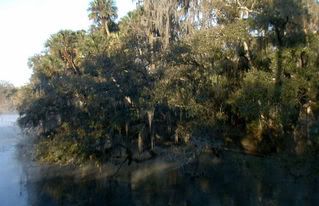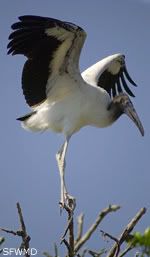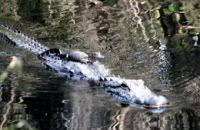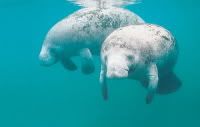Will Everglades Be a Loser in the Budget Deal?
House Speaker Marco Rubio appears to be holding Everglades funding hostage, but it is not clear why. Only $6 million is required as a down payment to issue $100 million in bonds. With most other budget issues resolved at the committee level, it is up to the presiding officers to decide whether the Everglades will get state money this year. The Governor’s proposal of $200 million to fund both the Everglades and Lake Okeechobee cleanup is long gone. Now we are hoping for just half that split between the two programs.
Why is Everglades Spending So Important?
$50 million of the Everglades money would be programmed for the C-111 project to help freshwater flows into Florida Bay. Florida Bay is a critical part of the Everglades ecosystem and is experiencing a historic algae bloom related to the lack of seasonal freshwater.
The other $50 million will go to Lake Okeechobee and its estuaries. Lake Okeechobee is also experiencing a horrible algae bloom. Lake Okeechobee is heavily polluted from upstream runoff. The Northern Everglades plan presented to the Legislature this year accelerates the process of getting nutrient pollution out of the Lake. The cleanup cannot proceed without state funds.
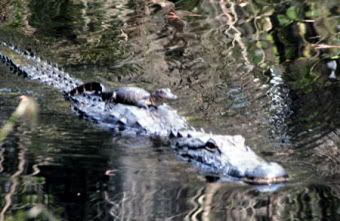
TAKE ACTION
Please send an email to Speaker Rubio at speaker@myfloridahouse.gov and ask him to fund the Everglades and Lake Okeechobee. If you have already written, write again or call him at 850-488-1850. The Speaker needs to know that the Everglades is still important to Floridians. Write today. In your email to the Speaker, please attach the map and photos included here to demonstrate the severity of the situation and the need for state funding. Feel free to use the following as a template for your letter.
It is time to resolve the issue of Everglades Funding. Without at least $100 million in bonded funds this year two vital projects will not continue. Ending the algae blooms in Florida Bay and Lake Okeechobee are urgent priorities. Both are important fisheries and tourist destinations and harbor endangered wildlife. Please restore funding for the Everglades in the budget.
Sincerely,

Wildwood Preservation Society is a non-profit 501(c)(4) project of the Advocacy Consortium for the Common Good. Click here to learn more.
"it's all connected"
